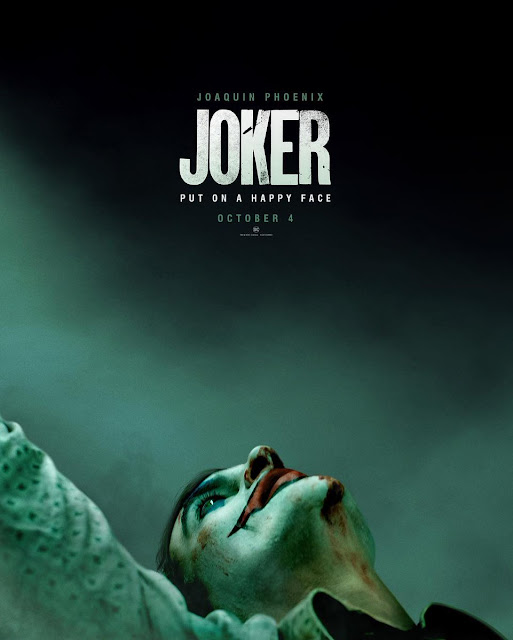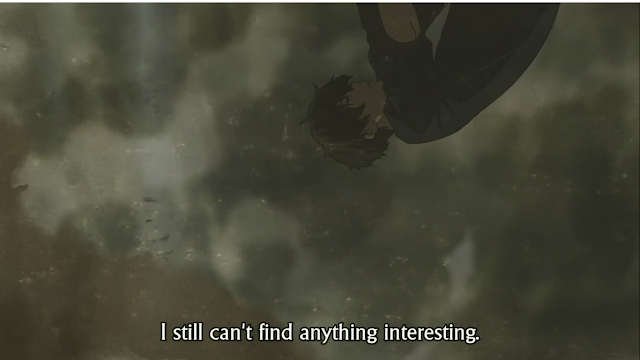Deconstructing anarchy: Joker, a philosophical review
While I agree with this review in that Joker is "an excellently crafted film," and while it did add its disclaimer that every interpretation of the Joker is nearly as meaningful as every other since the character is so chimerical, I would disagree about the article's overall attempt at the situationalizing and grounding of the Joker's character in social inequality and the resulting mass discontent therefrom.
I by no means am claiming expertise in the comic books or the movies featuring the Joker. What one gets from him, though, straight from the 1970's of his birthing onward to this decade, is that he is not an agent of anarchy; he is anarchy. The movie, while using the backdrop of 1970's Gotham socioeconomic unrest as the larger setting to his actions, also puts those same actions within the purview of his mental instability as an individual. This saves the movie from situationalizing the Joker on solely a statement against economic injustice, and makes him land within realms no dualities nor polemics can ever hope to stand firm.
Here's where the polemics break down, and deconstruction is needed: The Joker, being anarchic - I am using it in the sense of άναρχος - an + archos - without beginning - defies grounding and rationale. This does not mean, however, that he is insane, in the clinical and colloquial sense of the word. The comics have him pegged down as pathologically sane - a paradox in terms, but only when we think in terms of pairs. Pathological sanity is anarchy, in the sense of living in what really is, without our imposed polemics and symbols onto the world, without ground, without archos, without systems of order that nail things down as entities, structure, images, meanings, thought. Psychological sanity is beyond thought, but it is not thoughtless. To understand his actions as a commentary against the society is to misunderstand what he stands for: for he does not stand for anything. He has no message. He has no slogan. He is beyond an is.
However, to understand how he is beyond thought is an exercise in futility as well, for we will return to our conventional terms of sane and insane, chaos and order, reasons and effects. There is no moment that Joker is created or has begun, since his "process" is an Orobouros the effects of which become causes become what is become becoming. That he was portrayed in the movie as being caught in both socioeconomic and psychological disturbances actually eradicates his origins in either: in essence, the Joker's essence is he has none; he is beyond essence. Essence, ground, beginning, head, order, authority - all these are the language of the rational and consequently, irrational, mind. He is like Hannibal Lecter in this sense: so totally Other, there are no IQ test metrics to test him with.
Moreover, to be beyond thought and essence is to be the very opposite of deconstruction, beautifully, only to end up with the same metaphor: It is not a coincidence, I think, that the movie captures the moments of his "break downs" in the form of dances. Deconstruction has been described as a dance, an economics of moves out of love. Anarchy is the opposite, but only halfway, necessarily halfway: for the other half cannot be captured. Anarchy is a dance in and of itself, representing nothing but itself, endlessly becoming, coming from nowhere. The Other is a monster. He has to be.
The movie is both damning and redeemed in that. In an attempt to put form around a groundless, it uses fluidity to capture what is so enigmatically and futilely desired to be captured: the face of anarchy.



Comments
Post a Comment